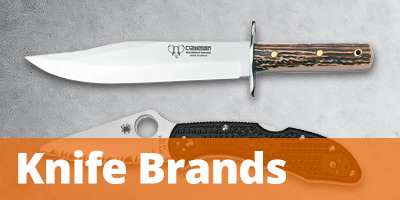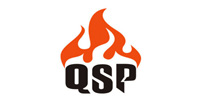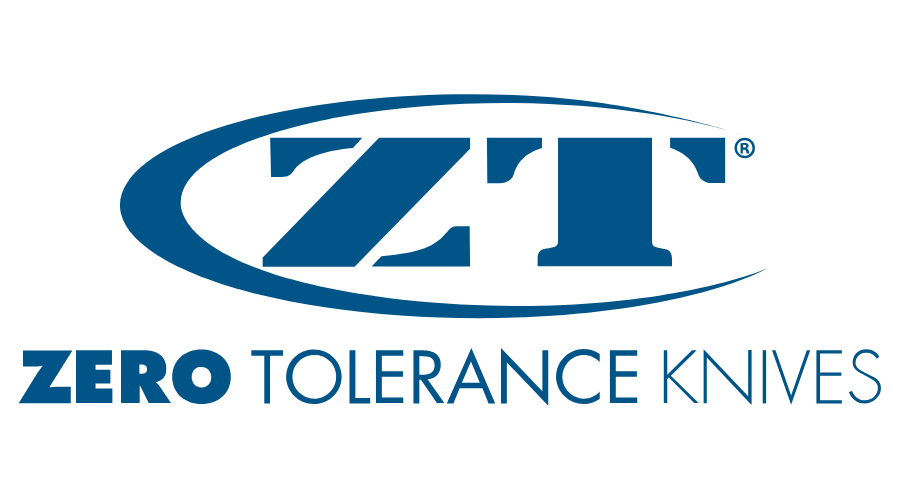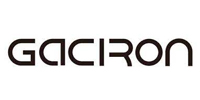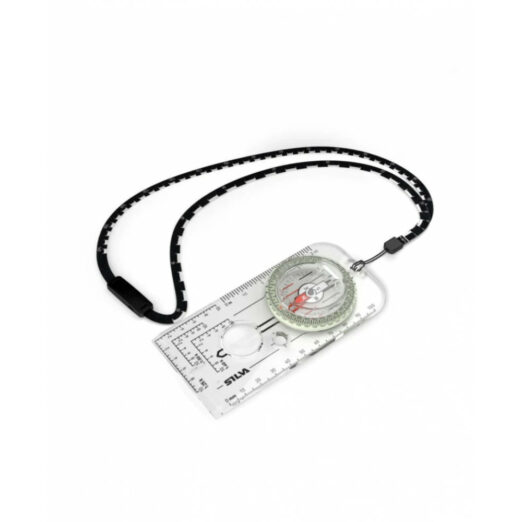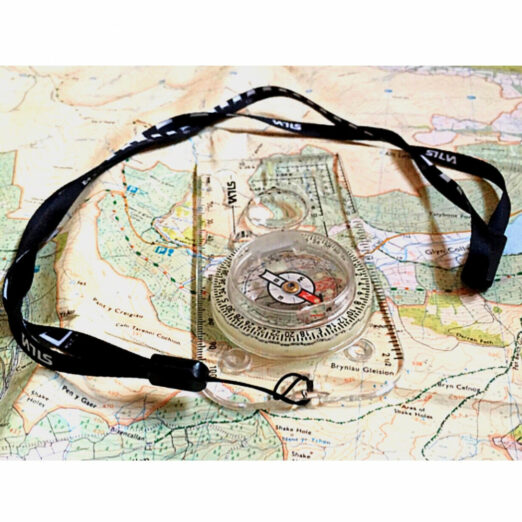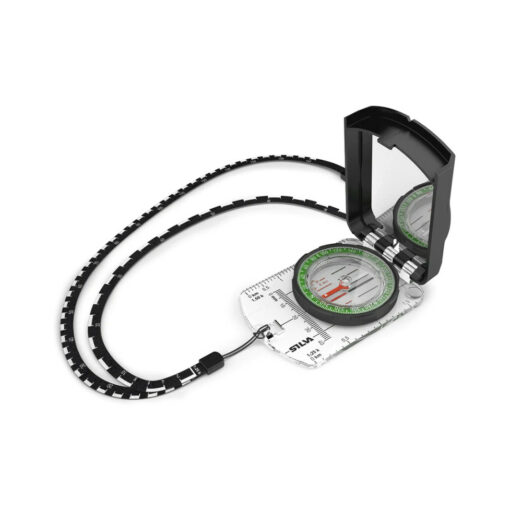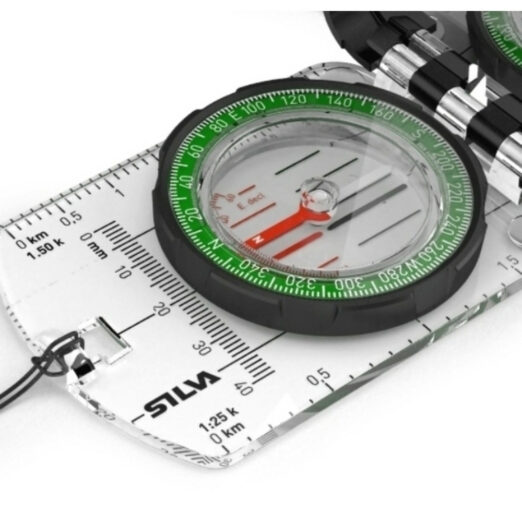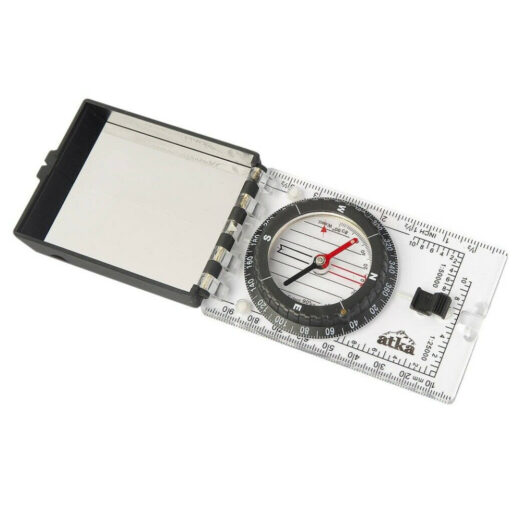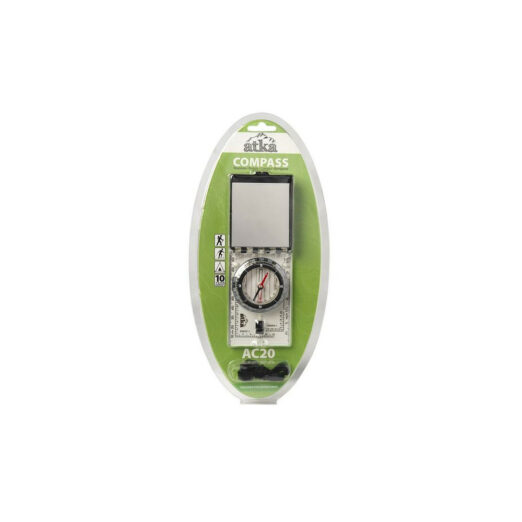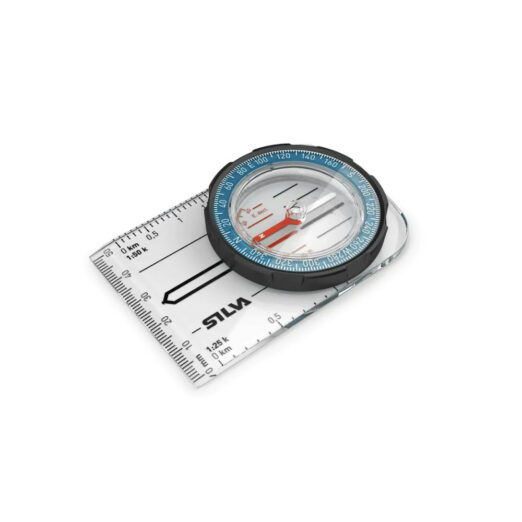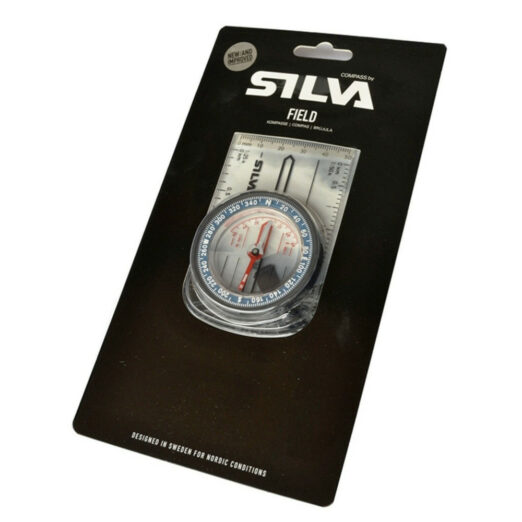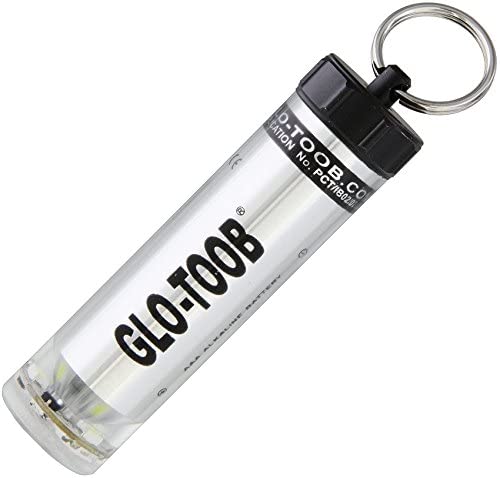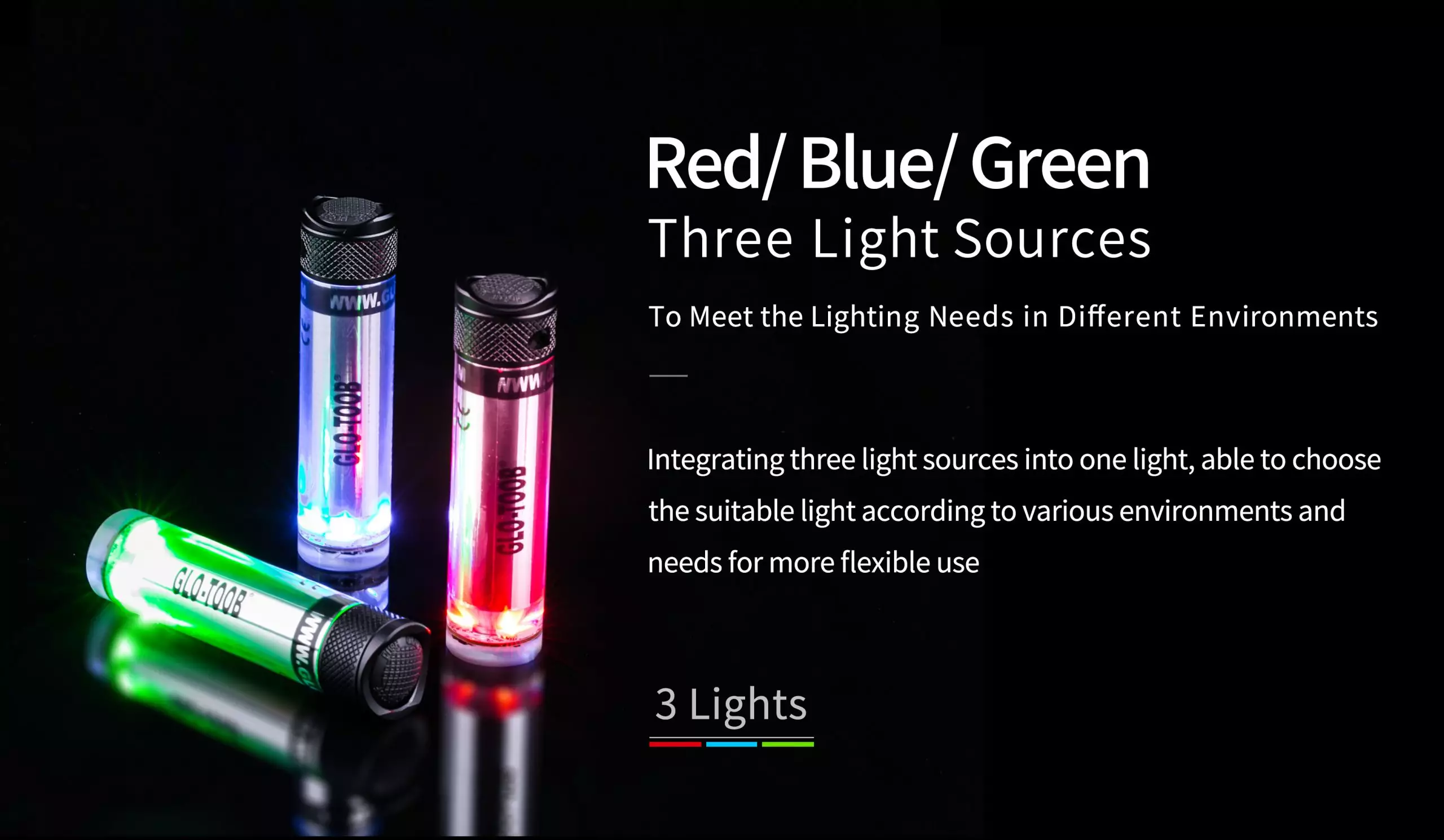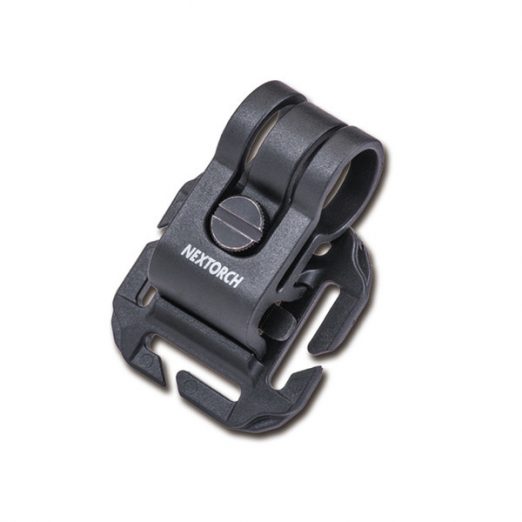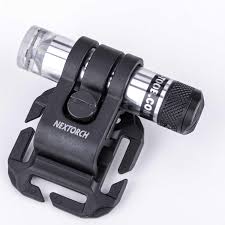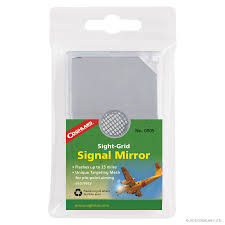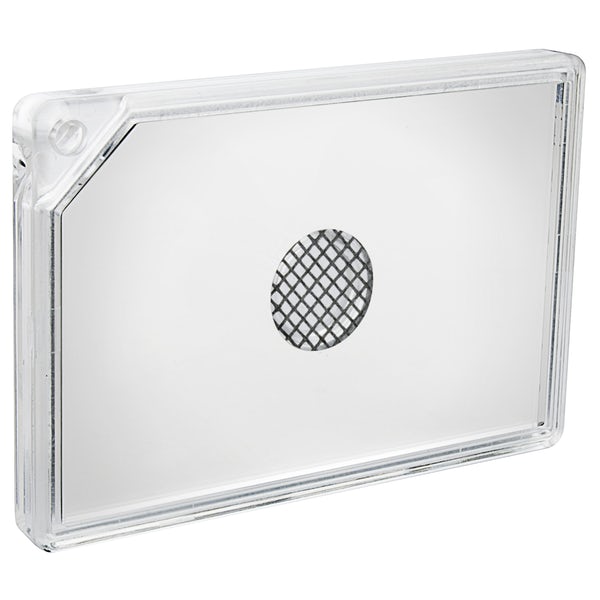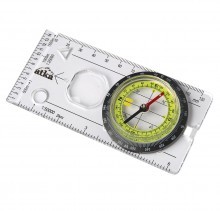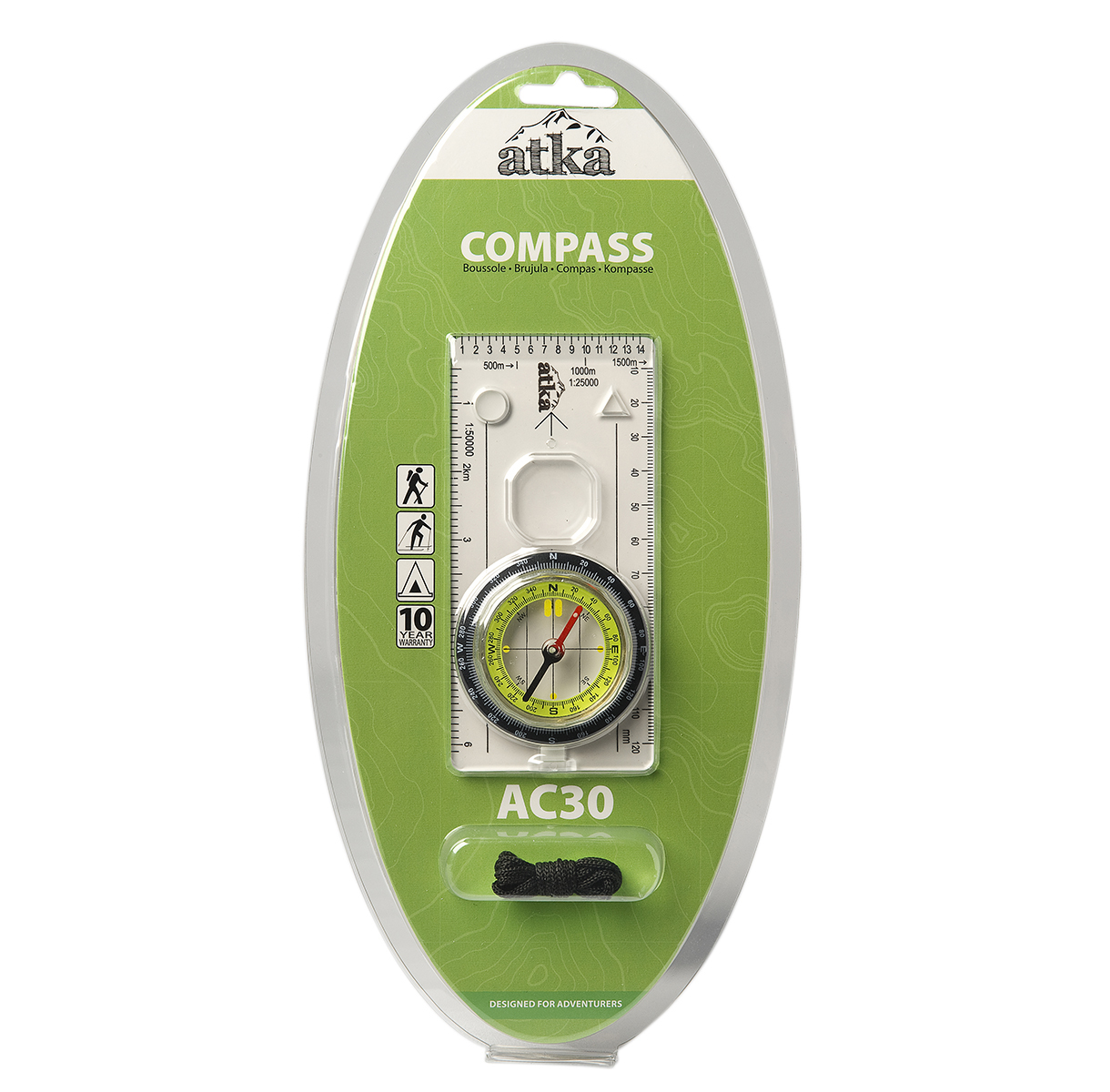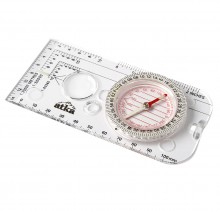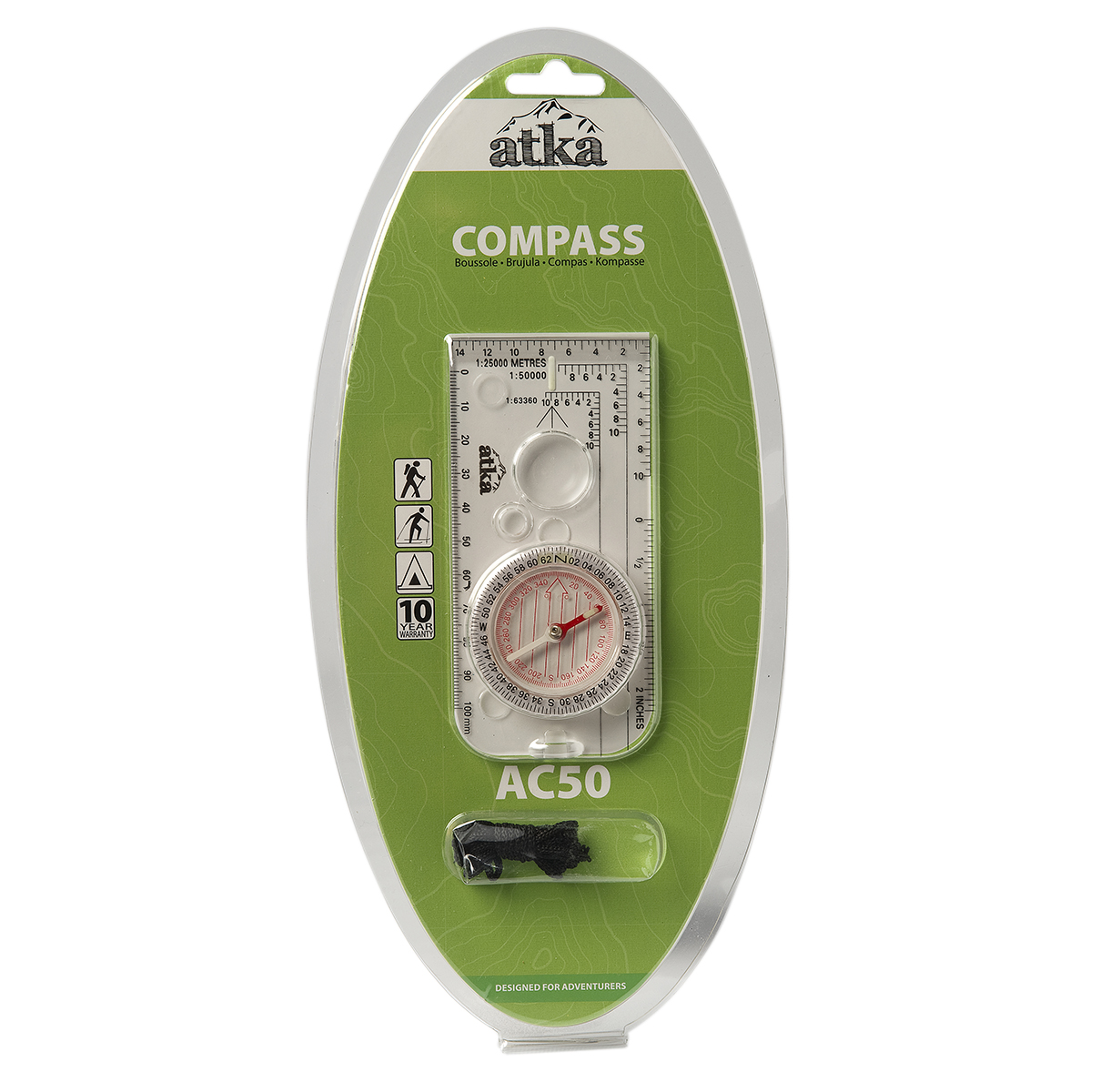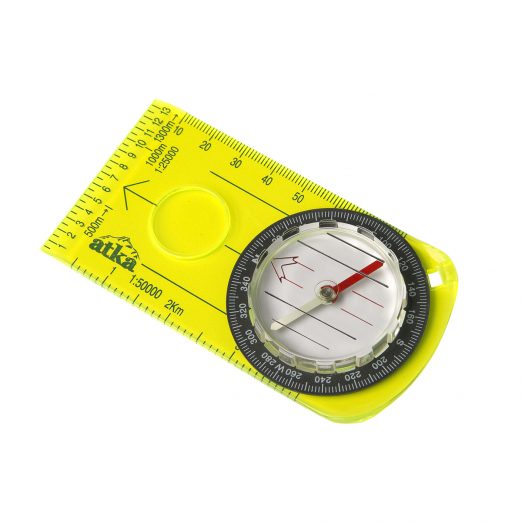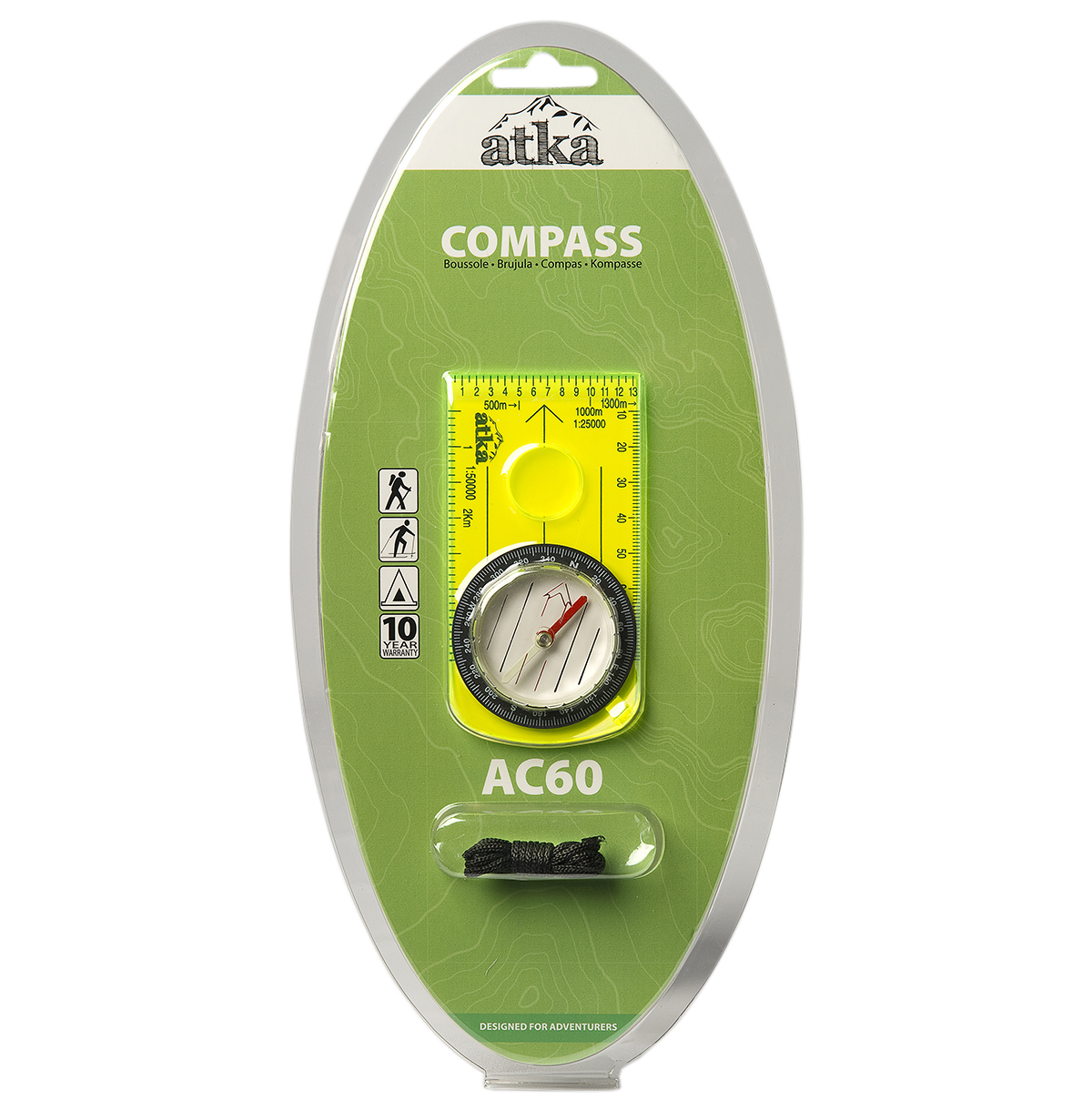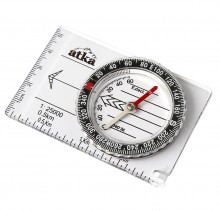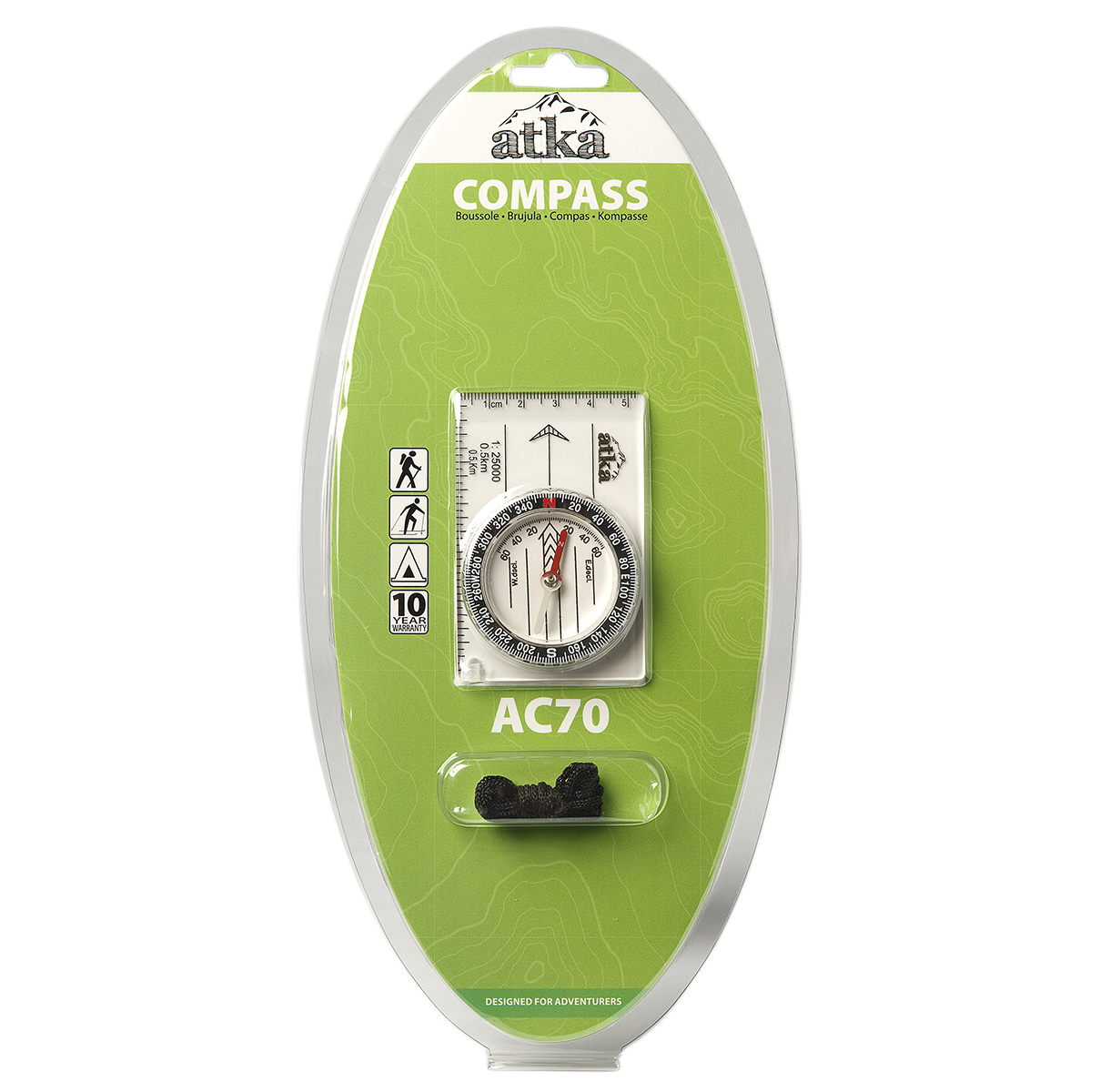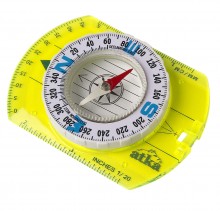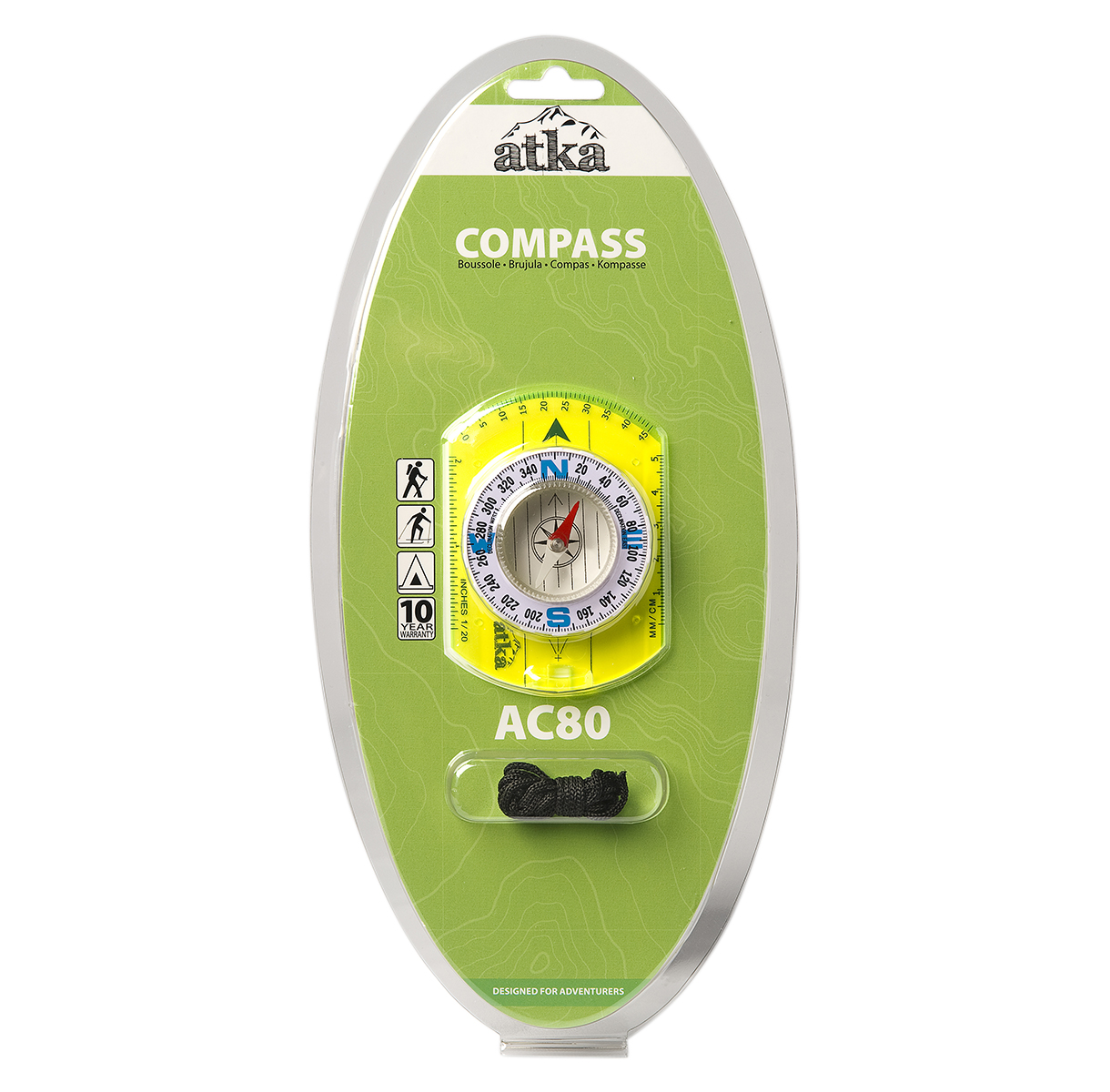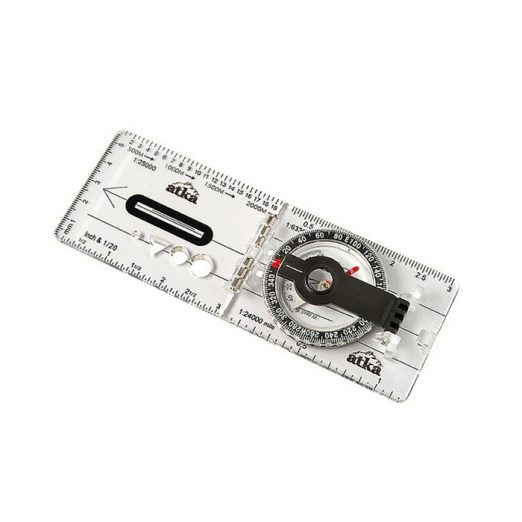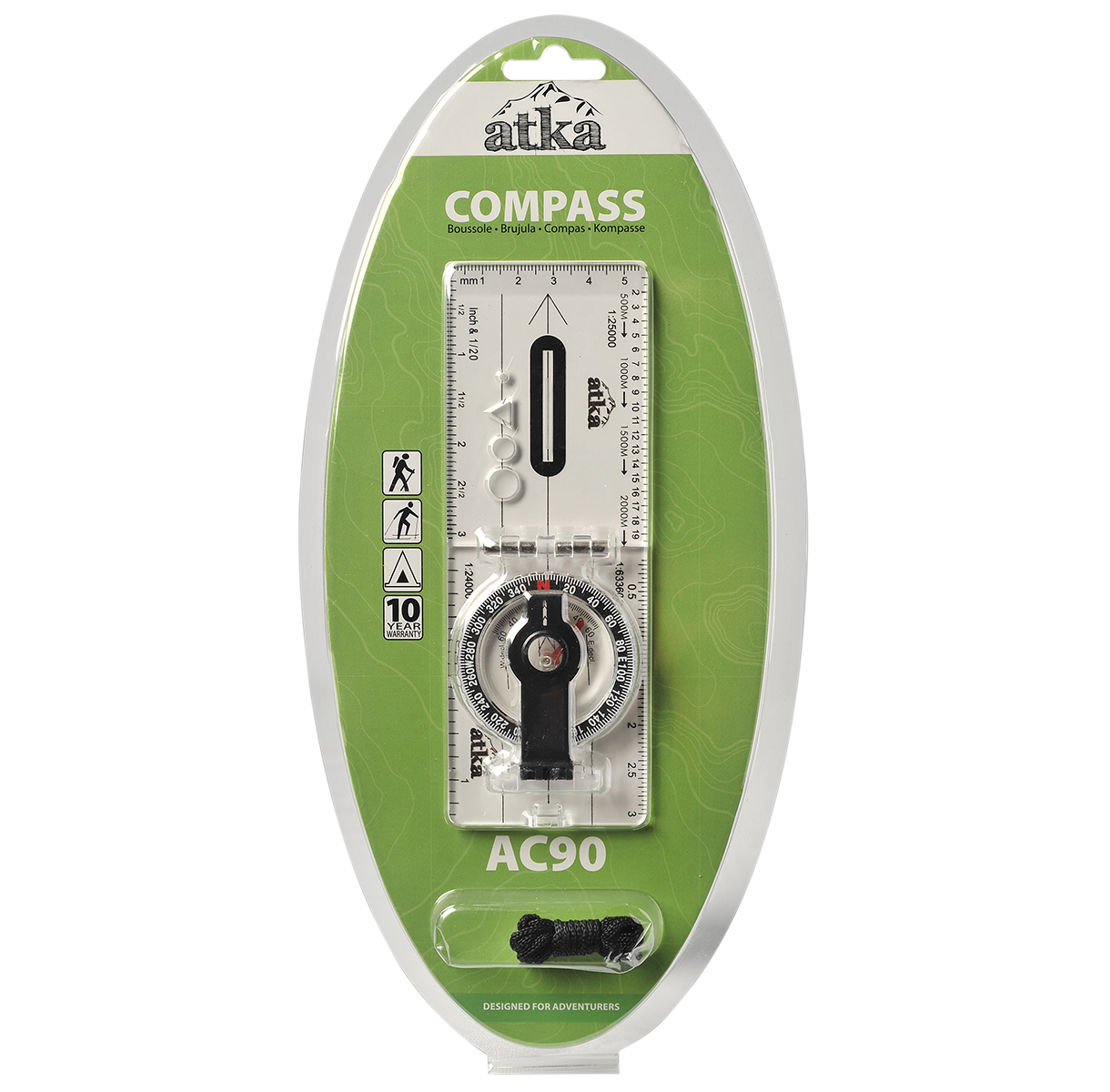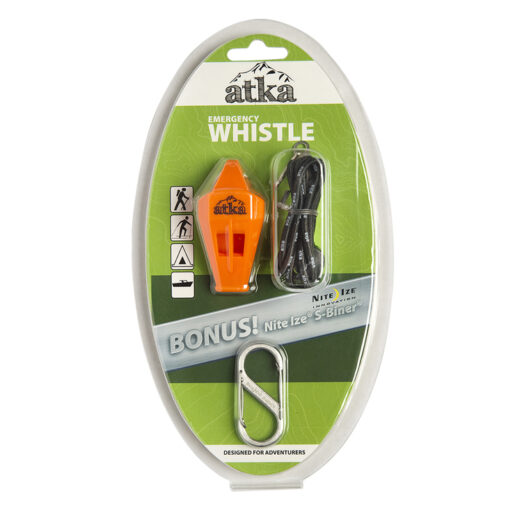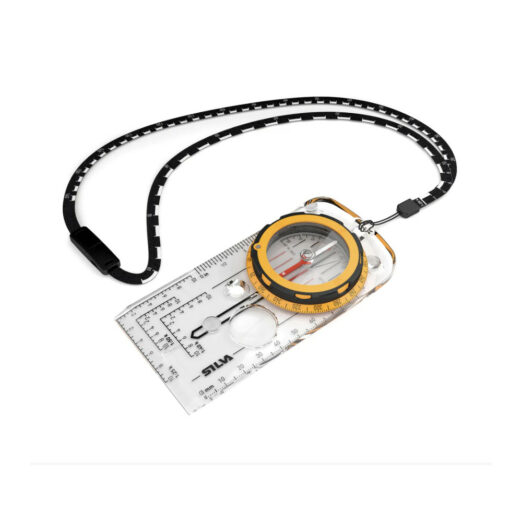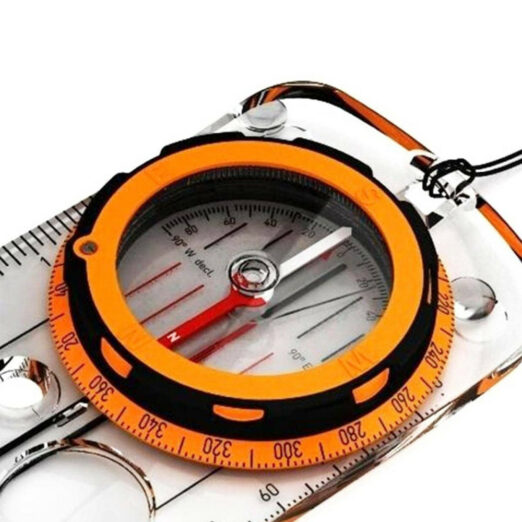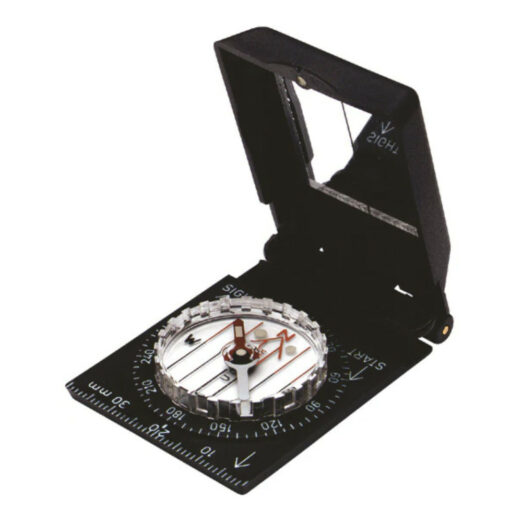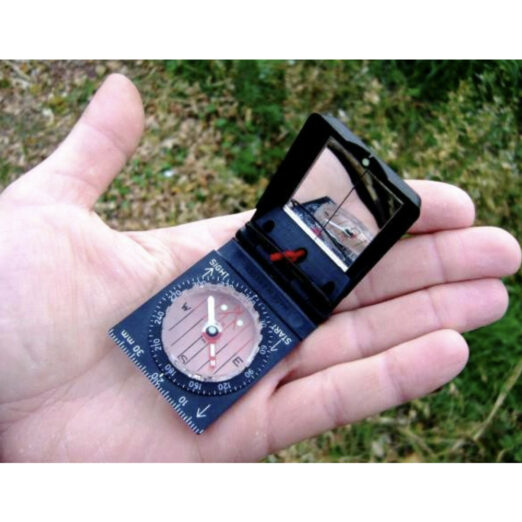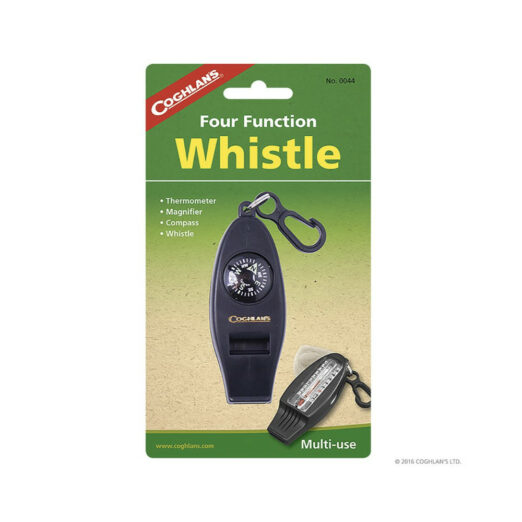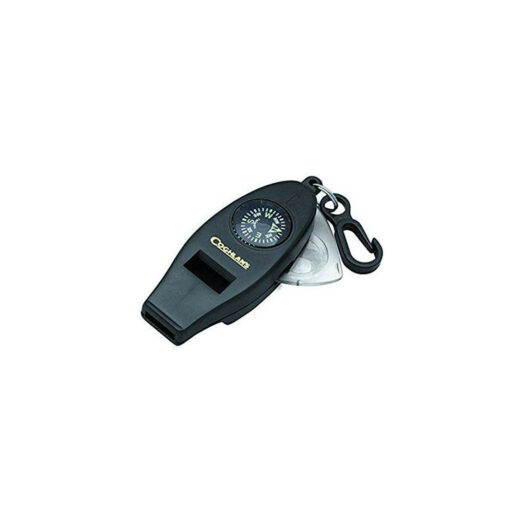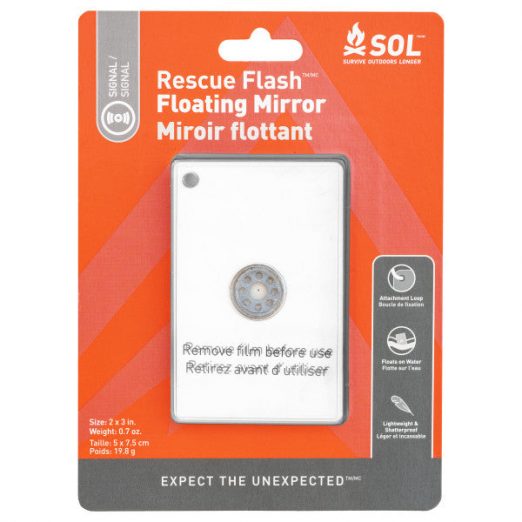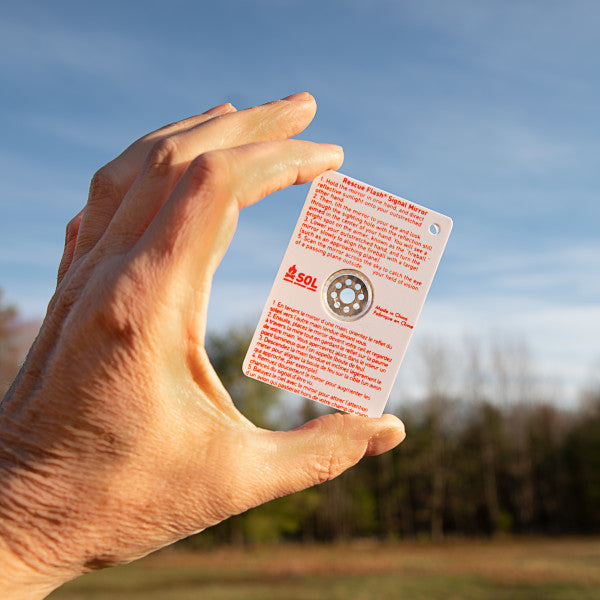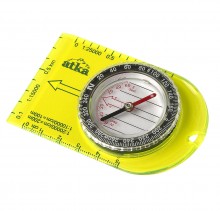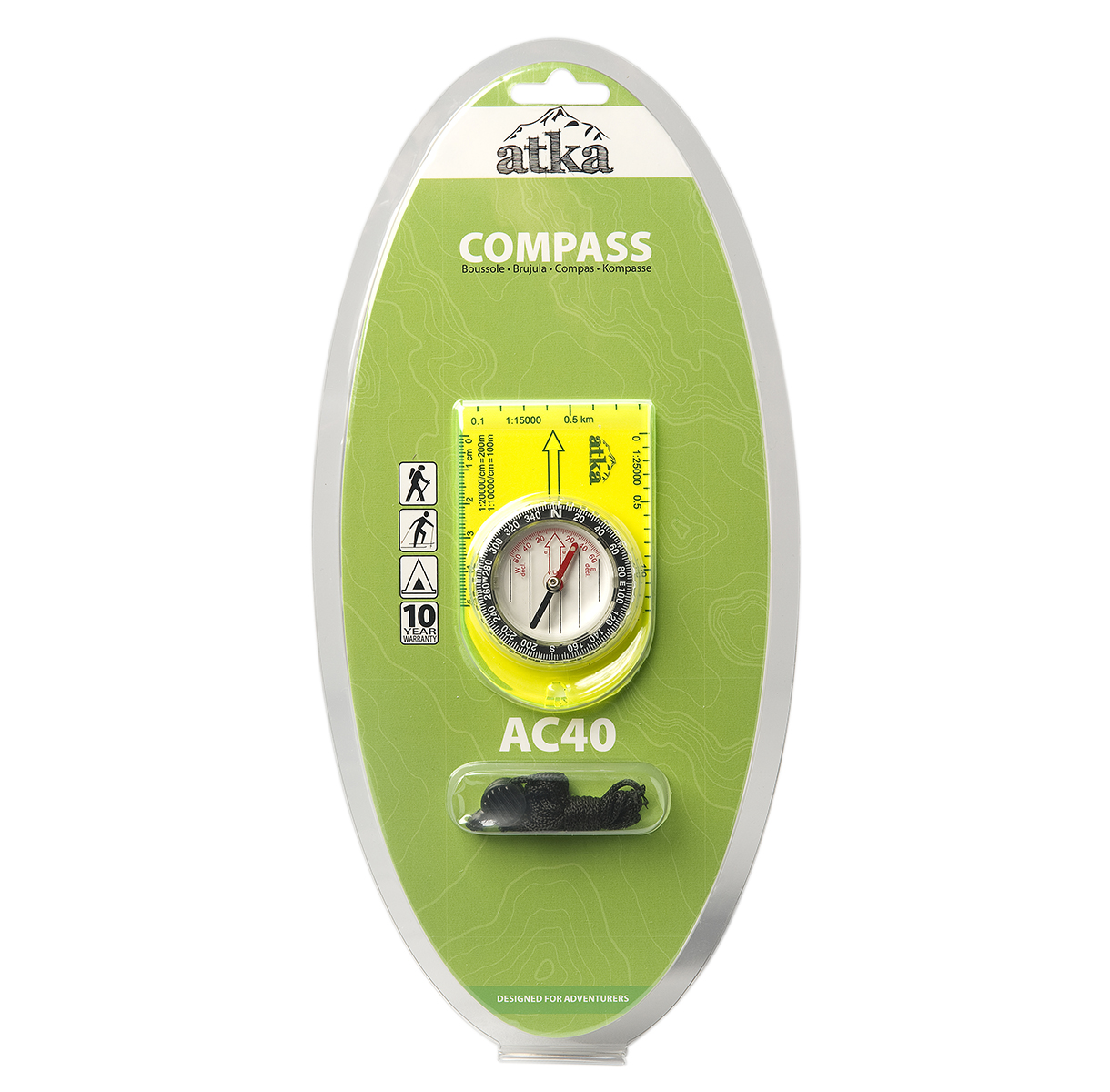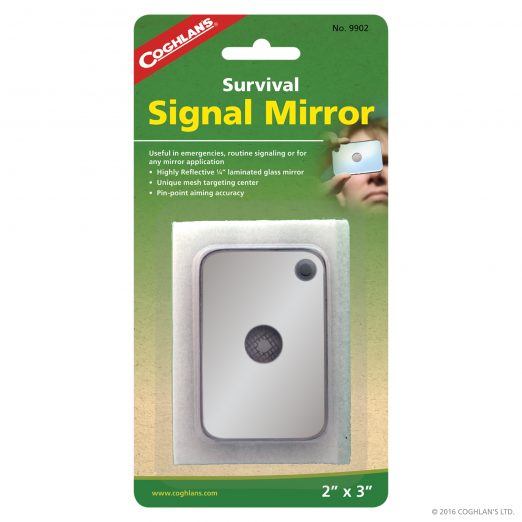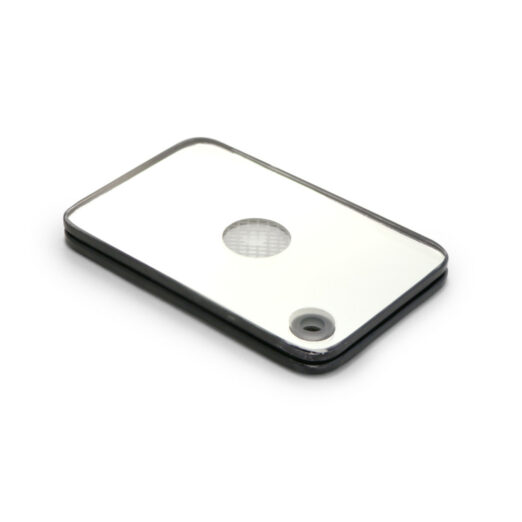Why is a compass important for outdoor activities?
A compass is important for outdoor activities because it helps determine direction and provides a reliable navigation tool, especially in areas without access to technology or when electronic devices may not be reliable due to battery drainage or signal issues. Here are a few reasons why a compass is essential:
-
Orientation: A compass helps you establish your orientation and find your way by indicating the cardinal directions (north, south, east, west). This is crucial when you need to navigate through unfamiliar terrain or when visibility is limited.
-
Map Reading: When used in conjunction with a map, a compass allows you to align the map with the actual landscape and determine the correct route. It helps you identify landmarks, plan your path, and stay on track.
-
Backup Navigation: While GPS devices and smartphone apps provide accurate positioning information, they rely on battery power and satellite signals. A compass serves as a reliable backup, ensuring that you can navigate even if your electronic devices fail.
-
Off-Trail Navigation: In off-trail or backcountry settings, a compass helps you maintain a sense of direction, especially when there are no visible trails or markers. It allows you to navigate across open terrain, forests, or wilderness areas with confidence.
-
Precision: A compass provides more precise direction-finding than relying on visual landmarks alone. It allows you to navigate accurately along a specific bearing, enabling you to reach your destination efficiently and effectively.
-
Emergency Situations: In case of an emergency or getting lost, a compass can be invaluable in helping you find your way back to a known location or directing rescue teams to your position.
Why is signalling equipment important for outdoor activities?
Signaling equipment is important for outdoor activities because it provides a means of communication, increases safety, and can help in emergency situations. Here are several reasons why signaling equipment is essential:
-
Communication: Signaling equipment such as whistles, flares, signal mirrors, and handheld radios allow you to communicate with others in your group or with potential rescuers. This can be crucial for coordinating movements, alerting others to potential hazards, or requesting assistance when needed.
-
Safety: Signaling equipment enhances your safety by making you more visible or audible to others. For example, brightly colored flags or reflective materials can help make you more noticeable during low-light conditions or in densely forested areas. Whistles can be used to attract attention and summon help if you get separated from your group or encounter an emergency.
-
Emergency Situations: In case of an emergency, signaling devices can be vital for alerting rescue teams or other hikers to your location. Personal Locator Beacons (PLBs) or Satellite Messengers can transmit distress signals to rescue authorities, providing them with your precise GPS coordinates and expediting search and rescue efforts.
-
Navigation Assistance: Some signaling equipment, like compasses and signal mirrors, can also serve dual purposes in navigation. They can help you determine direction or reflect sunlight to catch the attention of aircraft or other people at a distance.
-
Peace of Mind: Carrying signaling equipment gives you peace of mind, knowing that you have tools to communicate and seek help if needed. It can boost your confidence when venturing into remote or unfamiliar areas, allowing you to focus on enjoying your outdoor activities while having a sense of security.
Why do I need navigation and signalling equipment?
Navigation and signaling equipment are essential for outdoor activities for several reasons:
-
Safety: Having navigation equipment such as a compass, GPS device, or maps helps ensure your safety by providing accurate information about your location and the surrounding terrain. It allows you to plan your route, avoid potential hazards, and make informed decisions. Signaling equipment, like whistles or signal mirrors, can be crucial for attracting attention and getting help in case of an emergency.
-
Orientation: Outdoor environments can be vast and unfamiliar. Navigation equipment helps you maintain your orientation and find your way, especially when there are no visible landmarks or trails. It prevents you from getting lost, minimizes the risk of wandering off course, and enables you to navigate efficiently.
-
Route Planning: Navigation equipment allows you to plan your journey effectively. By studying maps, analyzing elevation profiles, and considering weather conditions, you can choose the best routes that suit your abilities and objectives. This helps optimize your time, conserve energy, and avoid unnecessary detours.
-
Emergency Preparedness: Accidents and unforeseen circumstances can happen during outdoor activities. Having navigation and signaling equipment ensures you are prepared for emergencies. You can quickly communicate your location to rescue teams using devices like Personal Locator Beacons (PLBs) or satellite messengers, increasing the chances of a prompt response and a successful rescue.
-
Self-Reliance: Relying solely on technology, such as smartphones or GPS devices, may not always be reliable due to battery life, signal issues, or technical failures. Navigation equipment like compasses and maps provide a dependable backup solution that doesn’t rely on external factors, empowering you to navigate independently.
-
Exploration and Adventure: Navigation equipment enables you to explore new areas, embark on challenging adventures, and discover remote places with confidence. It expands your possibilities, allowing you to venture off the beaten path and experience the natural world to its fullest.

